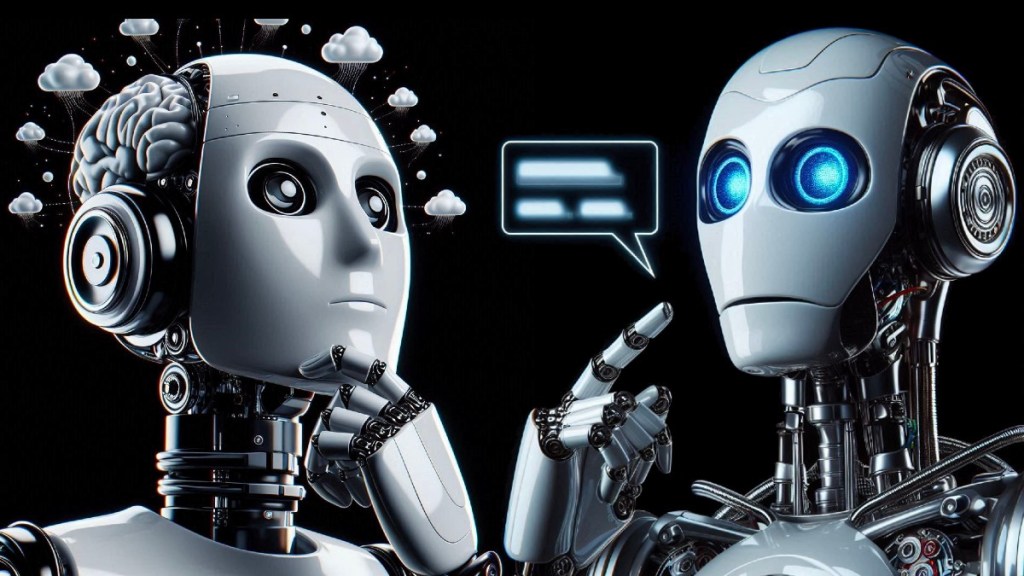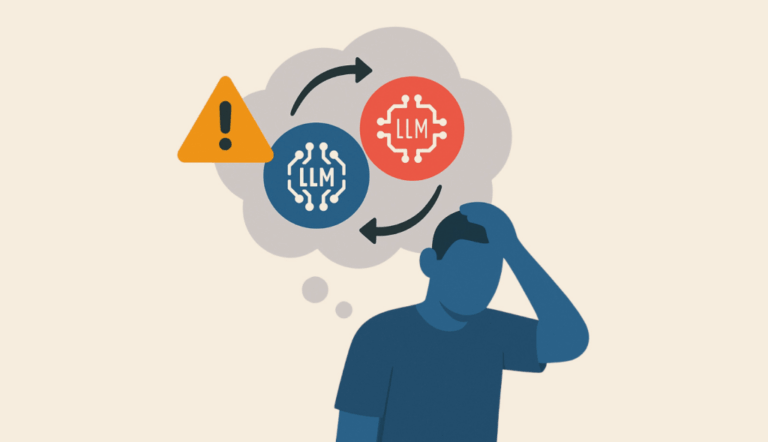Revolutionizing Identity Management: How LOKA’s Universal Agent Identity Layer Transforms A2A and MCP Solutions
The LOKA protocol, developed by researchers at Carnegie Mellon University, is poised to revolutionize the way artificial intelligence (AI) agents operate by providing them with distinct identities and intentions. This innovative framework aims to enhance the interaction between AI agents and humans, paving the way for more intuitive and efficient AI systems.
Understanding the LOKA Protocol
The LOKA protocol stands out as a proposed standard that seeks to establish a common ground for AI agents. Below are some key aspects of this groundbreaking initiative:
- Identity Creation: Each AI agent will have a unique identity, enabling clearer communication and interaction.
- Intent Recognition: The protocol will allow agents to express their intentions, making it easier for users to understand their actions.
- Standardization: By creating a uniform standard, the LOKA protocol aims to improve interoperability among various AI systems.
The Benefits of the LOKA Protocol
Implementing the LOKA protocol can lead to several significant benefits:
- Enhanced User Experience: By providing agents with identities and intentions, users can engage with them more effectively.
- Improved Trust: Transparent communication from AI agents can foster greater user trust in AI technologies.
- Streamlined Collaboration: With a standardized approach, different AI systems can work together seamlessly.
Future Implications of the LOKA Protocol
The introduction of the LOKA protocol could have far-reaching implications for various sectors, including:
- Healthcare: AI agents could assist in patient care by clearly communicating their roles and intentions.
- Finance: Enhanced transparency in AI-driven financial services could lead to improved consumer confidence.
- Education: AI tutors equipped with the LOKA protocol could provide personalized learning experiences.
As the field of artificial intelligence continues to evolve, the LOKA protocol from Carnegie Mellon University stands out as a promising advancement. For more information about AI developments, visit our AI News section or explore further insights from Carnegie Mellon University.






